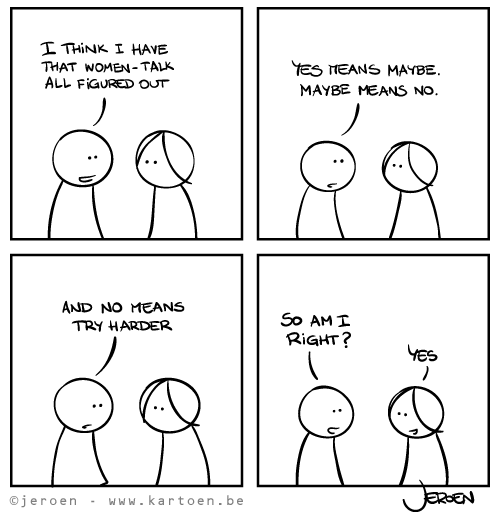According to John R. Hanson ("'Talking Texan' could mean trouble for Perry", The Houston Chronicle 9/29/2011):
Gov. Rick Perry's performances in the three recently televised debates of the candidates for the Republican nomination for president have prompted much criticism and in some cases alarm from national pundits, not only for their content but also for their lack of verbal fluency.
Prof. Hanson attributes this to a regional difference, which first struck him when he moved to Texas in 1973:
I appreciated the plain-spokeness, but noticed that, typically, utterances were not only simple and straightforward, but also strikingly spare and uncomplex compared with what I had known before. Linguistic flair and embellishment, highly valued elsewhere, were normally and notably absent. […]
Rick Perry [is] talking Texan to pundits who have much different attitudes and abilities with respect to the use of language.
Juanita Jean, writing from Richmond TX at The World's Most Dangerous Beauty Salon, Inc., took these as fighting words:
Professor John R. Hanson II can kiss my butt. I am a fifth generation Texan, totally educated in Texas public schools and universities, and I’ll take on all comers with Shakespeare or Aristophanes. I know the poetry of Dante and Willie Nelson. We are not some hick outpost. Nor have we developed some kind of language that only twins understand.
Read the rest of this entry »

